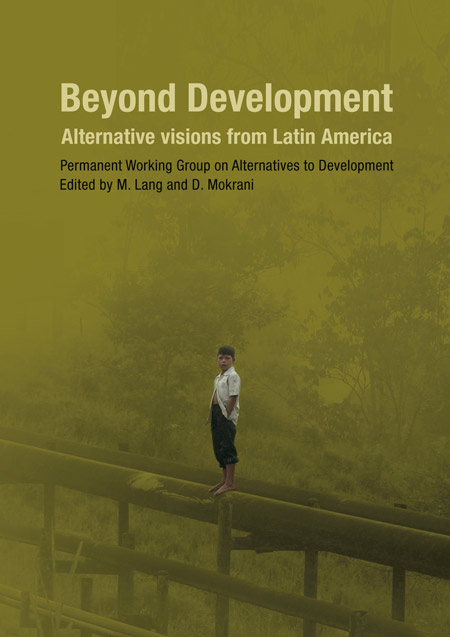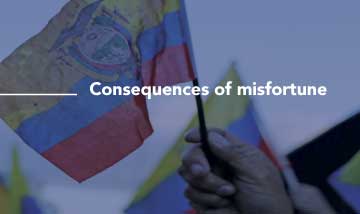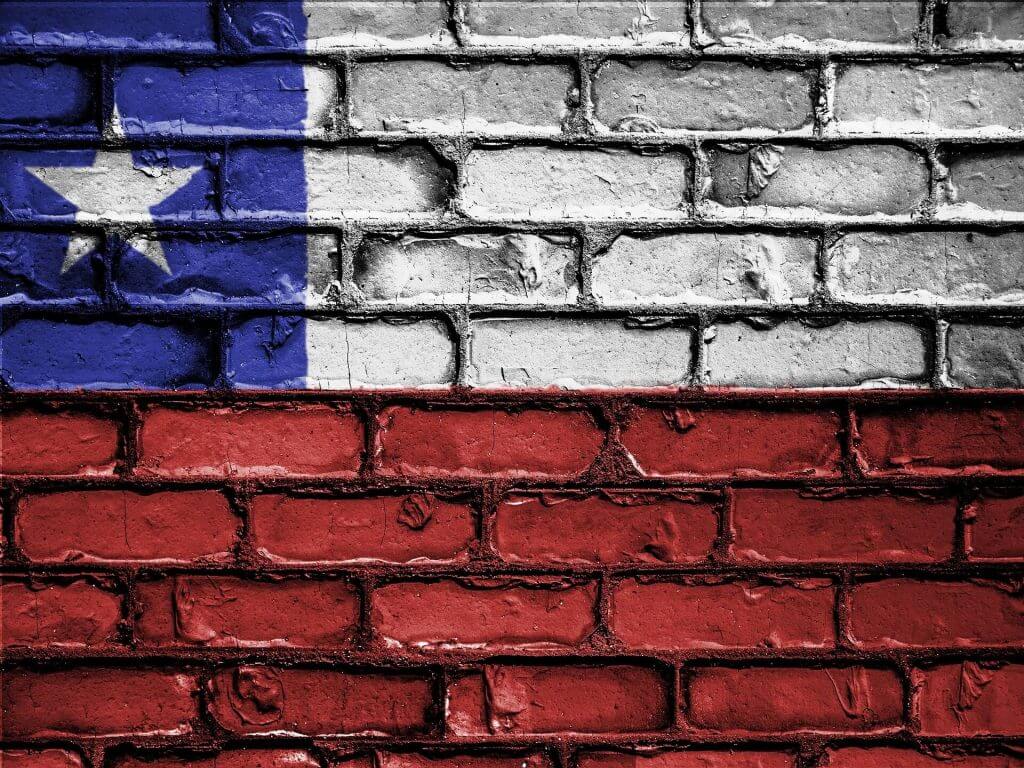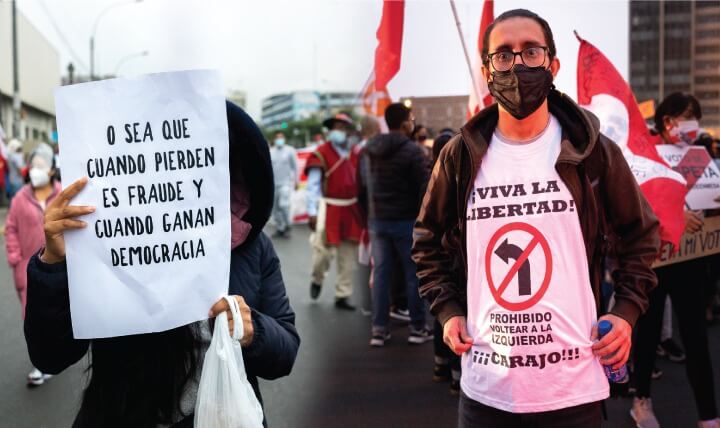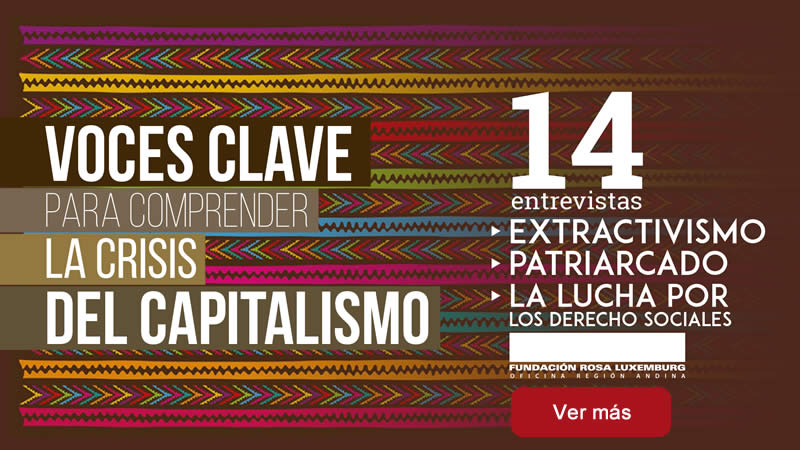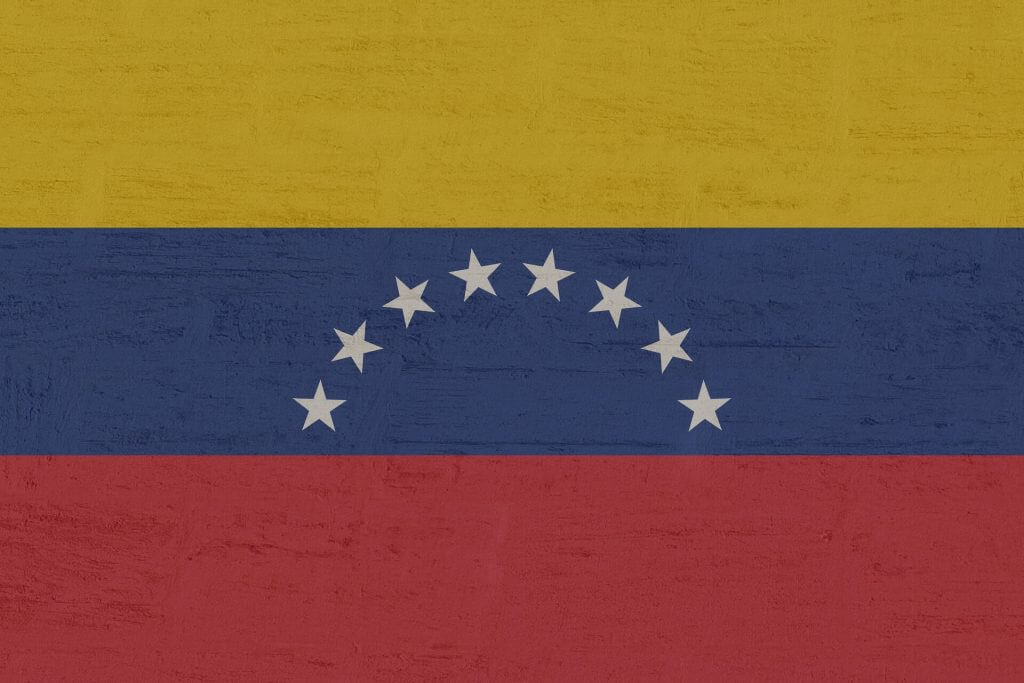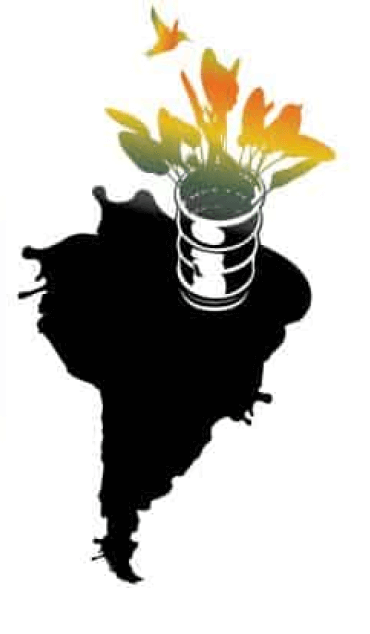

Reflecting on the experiences that countries like Bolivia, Ecuador, or Venezuela have gone through over the years, several questions come to the forefront: What does it mean to live well in different contexts? How do we want to relate to the global system and the North-South divisions of work? How do we want to live, and what economic model will best help us to achieve that? What hegemonic viewpoints do we have to tear apart?
With the objective of discussing possible responses to these questions, in early 2011, a Permanent Working Group Beyond Development was formed for the Andean Region, coordinated by the Rosa Luxemburg Foundation regional office. The Working Group brings together women and men from eight countries in Latin America and Europe, but its debates focus on Ecuador, Bolivia, and Venezuela. In these three nations, Constituent Assemblies proposed changes to their system. However, in the creation and implementation of public policies, they have fallen into what is called the “Latin American paradox:” progressive Latin American governments that cast themselves as revolutionary, but which support and promote extractivism to support their social policies, leading to negative social and environmental effects.
This working group’s composition reflects its fundamental effort to cultivate wisdom, bringing diverse experiences together at the table. Such experiences include representing all areas of civil society, working in government institutions, experiences with indigenous peoples who have subsisted outside of the capitalist system, and intellectuals dedicated to critical thinking. The group seeks to articulate ideas generated from various schools of thought — that of ecologists, feminists, anti-capitalist economists, socialists, indigenous, and alternative western figures. Our vision of social change means overcoming class, gender, and ethnic oppression and building new relationships with Nature.
The Group’s debates are built on a fundamental agreement: the outlook relating to transformations and political strategies needs to go beyond the limits of the alternatives proposed under a single dominant or hegemonic concept of development. To this effect, the group’s name, Beyond Development, already establishes its political position on this concept.
Symbolically, development is connected to a promise of well-being, happiness, and quality of life. However, we find that development hopelessly ties us down to a specific viewpoint, one that is western, capitalist, and colonial, and intends to keep excluded parties on a single path. Such path was previously defined by the North and has the goal of fitting all people into a hegemonic lifestyle. Development, according to Michel Foucault’s theory and Arturo Escobar ‘s analysis[1], is a mechanism of power that reorganized the world in 1945, re-legitimizing the international division of work under a capitalist context. Development also makes us subject to a system that is characterized by being technocratic, quantitative, and economistic, and which has permeated public policies the world over, with practices that actively prey on nature. It has also perpetrated writing off the multiple ways of life, social relations, and knowledge existing in the South. During the first decades of the last century, most Latin American leftist figures, including both parties and social movements, focused their criticisms on imperialism and capitalism, tacitly accepting that the concept of development would be the road to progress for their peoples. Over time, this changed. In the 70s, important criticism was made to the concept of development, and in recent years, the debate on living well brings the discussion outside of this traditional paradigm of development.
As theoretical and academic questioning began to emerge, a series of local resistance efforts have also grown to counter the development-based viewpoint, generating alternative practices: life plans, agricultural and ecological production and commercialization networks, barter and sharing networks, alternative forms of neighborhood organization in cities, etc. These experience have created an important foundation for any concrete transition projections, and some of them are represented within the group.
The Permanent Working Group seeks to hone perspectives on building alternatives, using as a starting point the utopian ideal of living well or good living in its critical acceptance of development, to take us toward other projections for civilization that seek to break down the walls of modern rationality using political projects of decolonization and de-patriarchization.


